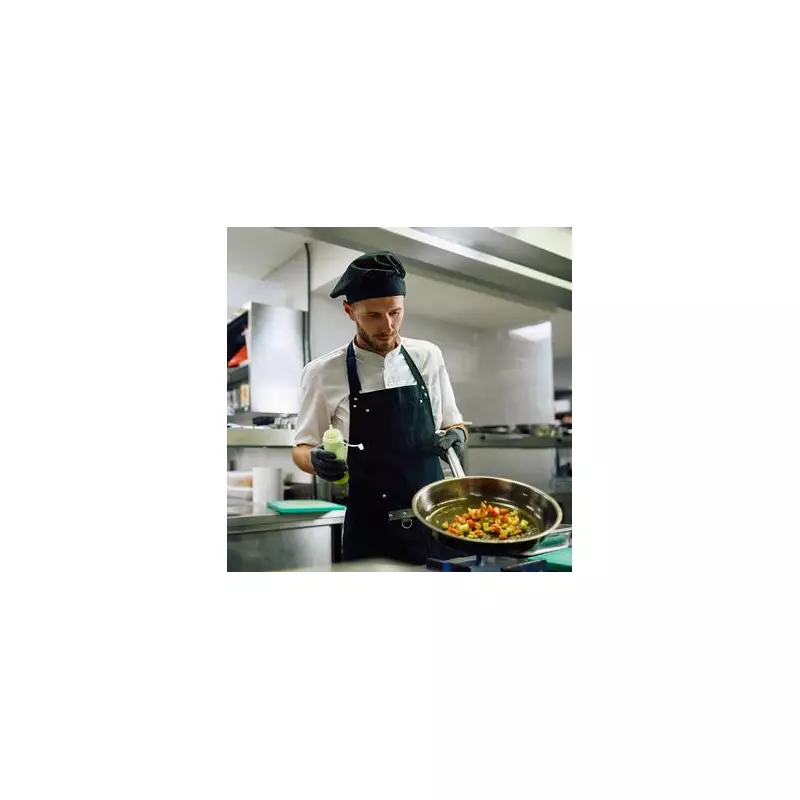
The age-old debate that divides home cooks and professional kitchens alike has finally been settled by four of the UK's most respected chefs. In an exclusive insight, they reveal whether butter or oil deserves a prime spot in your pantry for roasting, frying, and baking.
The Verdict Is In: It’s Not So Simple
Forget choosing a single champion. According to the experts, the choice between butter and oil isn't about picking a side, but rather about selecting the right tool for the job. Each fat brings its own unique properties to the heat, influencing flavour, texture, and even the cooking process itself.
Meet the Culinary Arbiters
The definitive ruling comes from a panel of authority:
- James Martin: TV personality and champion of classic technique.
- Nisha Katona of Mowgli Street Food: Expert in vibrant, flavour-packed dishes.
- Bryce Watson from The Kentish Hare: A maestro of modern British cuisine.
- Rob Taylor of The Angel Hotel: A seasoned pro with a focus on exquisite taste.
The Case for Butter: Flavour King with a Caveat
Butter was unanimously praised for its unrivalled ability to impart a rich, decadent flavour. James Martin is a staunch advocate, declaring its taste "cannot be replaced." He reserves it for finishing steaks and creating exquisite sauces where its flavour can shine.
However, all chefs highlighted its critical limitation: a low smoke point. Butter burns easily at high temperatures, which can ruin a dish with acrid, bitter notes. The solution? Chef Rob Taylor recommends clarifying butter (removing the milk solids) to raise its smoke point, making it more versatile for frying.
The Oil Advantage: High Heat and Health
When it comes to high-temperature cooking like roasting or searing, oil is the undisputed winner.
- Nisha Katona passionately champions rapeseed oil for its neutral taste, high smoke point, and beneficial local credentials.
- Bryce Watson agrees, using a light olive oil for roasting potatoes to achieve that perfect, crispy golden exterior without any greasiness.
Oils provide a clean, efficient cooking medium that allows the natural flavours of your ingredients to remain the star of the show.
The Final Sizzle: Your Ultimate Guide
So, what’s the ultimate takeaway from the pros?
- For Unbeatable Flavour (at lower heat): Choose butter. Perfect for finishing, baking, and gentle sautéing.
- For High-Heat Cooking: Opt for a quality oil like rapeseed or light olive oil. Ideal for roasting, frying, and searing.
- For the Best of Both Worlds: Don’t be afraid to use both! Start with oil to sear at a high temperature and finish with a knob of butter for a burst of flavour and gloss.
The secret to restaurant-quality dishes at home isn't a secret ingredient—it's knowing which fat to use and when. Arm yourself with both and elevate your cooking instantly.





